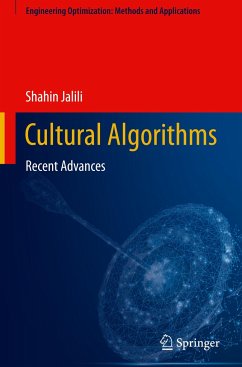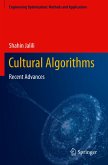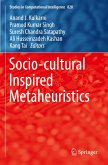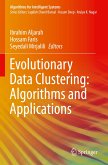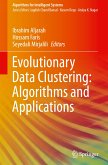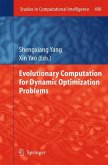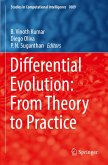This book covers the latest advances in Cultural Algorithms, their general framework, different variants, hybridized versions with other meta-heuristic and search techniques, and their applications. Cultural Algorithms are meta-heuristic numerical optimization techniques inspired by the bio-cultural evolutionary theory, in which both types of vertical and horizontal learning behaviors are modeled. The book includes well-briefed basics of optimization and theoretical backgrounds of Cultural Algorithms in its initial chapters and then discusses their applications in different branches of science and engineering. It provides detailed mathematical formulations and algorithmic pseudo-codes of hybridized, extended, and multi-population variants of cultural algorithms. The book will serve the research students, fellows, professors, and industry professionals to implement real-time applications of Cultural Algorithms.
Bitte wählen Sie Ihr Anliegen aus.
Rechnungen
Retourenschein anfordern
Bestellstatus
Storno

